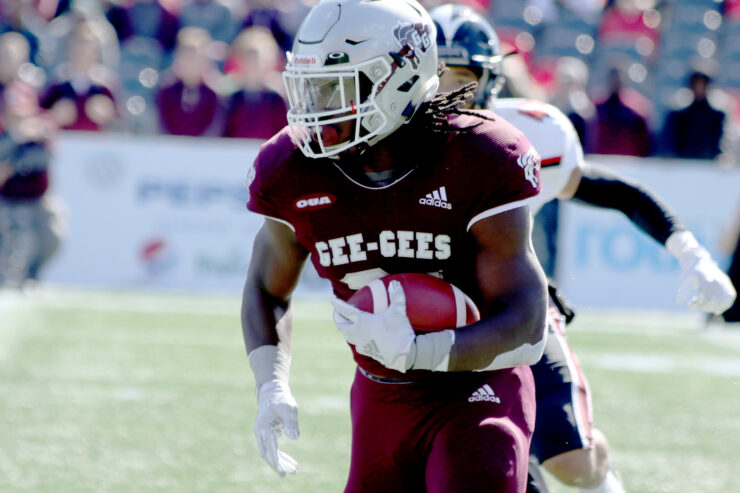Many students, recent graduates not eligible for the Canada Emergency Response Benefit
Thousands across the country are calling on the federal government to expand eligibility for the Canada Emergency Response Benefit (CERB) after many post-secondary students and recent graduates said the COVID-19 pandemic relief fund leaves them behind.
Through the CERB, which opened on Monday to nearly one million applicants, the federal government will give Canadians who have stopped working due to the global COVID-19 pandemic $2,000 per month for up to 16 weeks.
That means students and recent graduates who were looking toward internships and jobs over the summer, which may have been cancelled due to COVID-19, but were not already working are not eligible to apply. Under the current CERB requirements, applicants also must have made at least $5,000 in the past 12 months.
“Right now, I think we are being forgotten,” said Nicholas Ferreira, a fourth-year international relations and political science student at the University of Toronto.
Ferreira is one of the founding members of the Don’t Forget Students campaign, which is pushing the federal government to expand the CERB so it better supports students and recent graduates. The group launched an online petition on Friday which has since gone viral, with over 22,000 signatures as of publication time.
Ferreira said that under the current CERB requirements, an assumption is being made that parents will be able to support students through the financial turmoil posed by the COVID-19 pandemic, which isn’t always the case.
“It’s a very shortsighted view, it doesn’t take into account that there are so many students … who don’t have a relationship with their parents or don’t feel comfortable going home or are financially independent now,” said Ferreira.
“Or maybe their parents don’t have the ability to financially support them, even if their parents are on the CERB,” Ferreira added. “Mortgages still need to be paid … people have groceries to buy, so to assume students could rely on parents for support we thought was just nonsensical.”
On the other hand, Ferreira said that the summer internships and co-ops many students rely on to pay tuition are being slashed due to the COVID-19 pandemic. Ferreira added that the service sector, where many students work during the summer months as well, is being hit equally as hard.
“At some point we have to recognize that students rely so heavily on income from summer months to afford to go to school,” said Ferreira. “If we don’t provide some form of income to students …. ultimately what we’ll be facing is … this massive generational loss of people going to post-secondaries.”
Tim Gulliver, the University of Ottawa Students’ Union’s incoming advocacy commissioner, said the current requirements for the CERB means “students are falling through the cracks.”
“Students who can’t work throughout the year or have to stop working during the year to focus on their studies, the responsible thing, are being penalized for making that responsible decision,” said Gulliver.
Gulliver said the students he’s been speaking with are anxious about how they’ll afford upcoming tuition payments or housing over the summer, while recent graduates are unable to find employment.
“People say, ‘the world after the pandemic will be very different from the world before the pandemic,’ ” said Gulliver. “I don’t want one of the changes from this pandemic to be making education even more unaffordable.”
Prime Minister Justin Trudeau said on Sunday that the federal government “should have more to say in the coming days” about supporting students amid the COVID-19 pandemic.
“This is an issue that we are very, very aware of,” Trudeau said at a press conference. “We know that we need to do more for young people as they come out of university and look for projects and ways of securing income this summer.”





